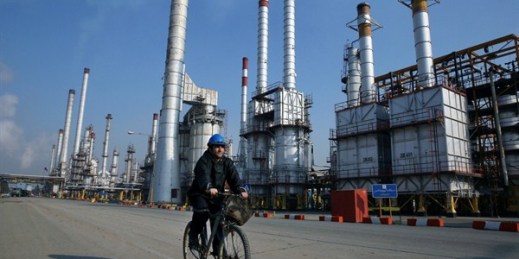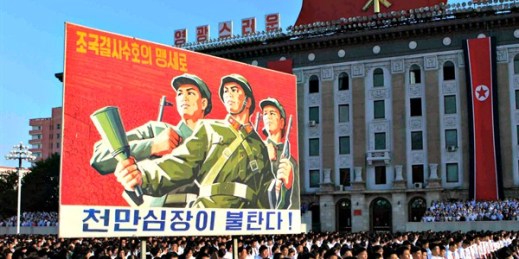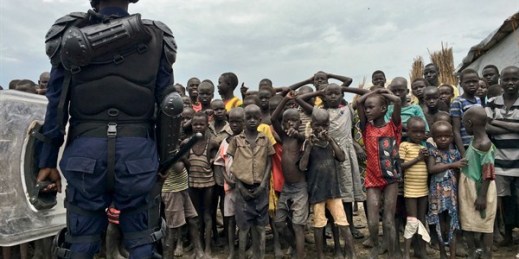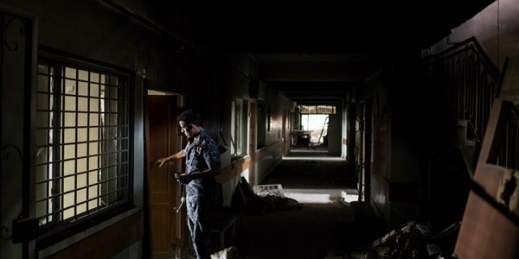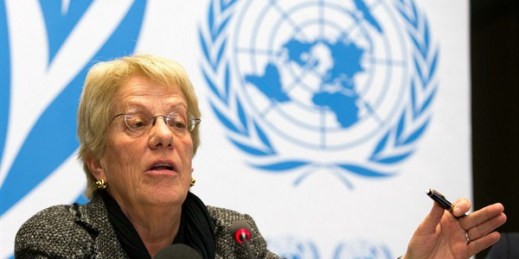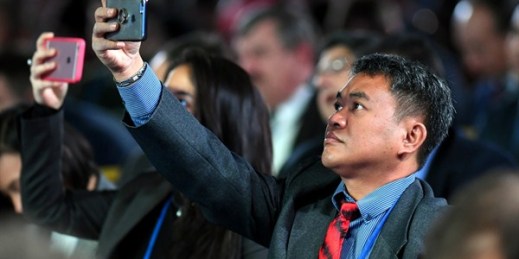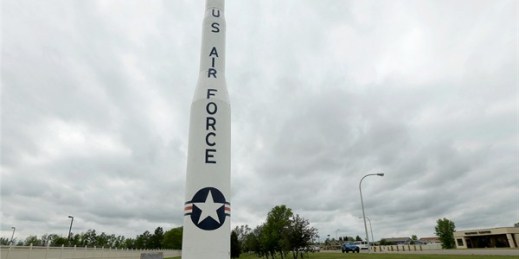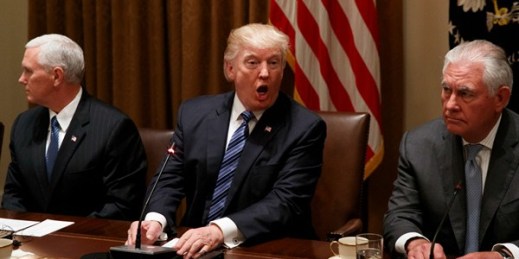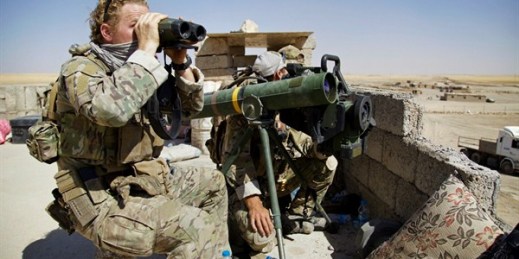
The beginning of every academic year presents professors with a small cavalcade of perplexities and irritants. Universities use the summer break to come up with innovative administrative guidance and supposedly improved computer systems that inevitably backfire on first contact with students or teachers. It normally takes just a few weeks to fix these glitches. But occasionally an academic will encounter a rather more significant challenge at the start of a semester: A creeping fear that their discipline is doomed. As someone who teaches International Conflict Resolution, or ICR, I currently feel something like that. This is not because there is […]

